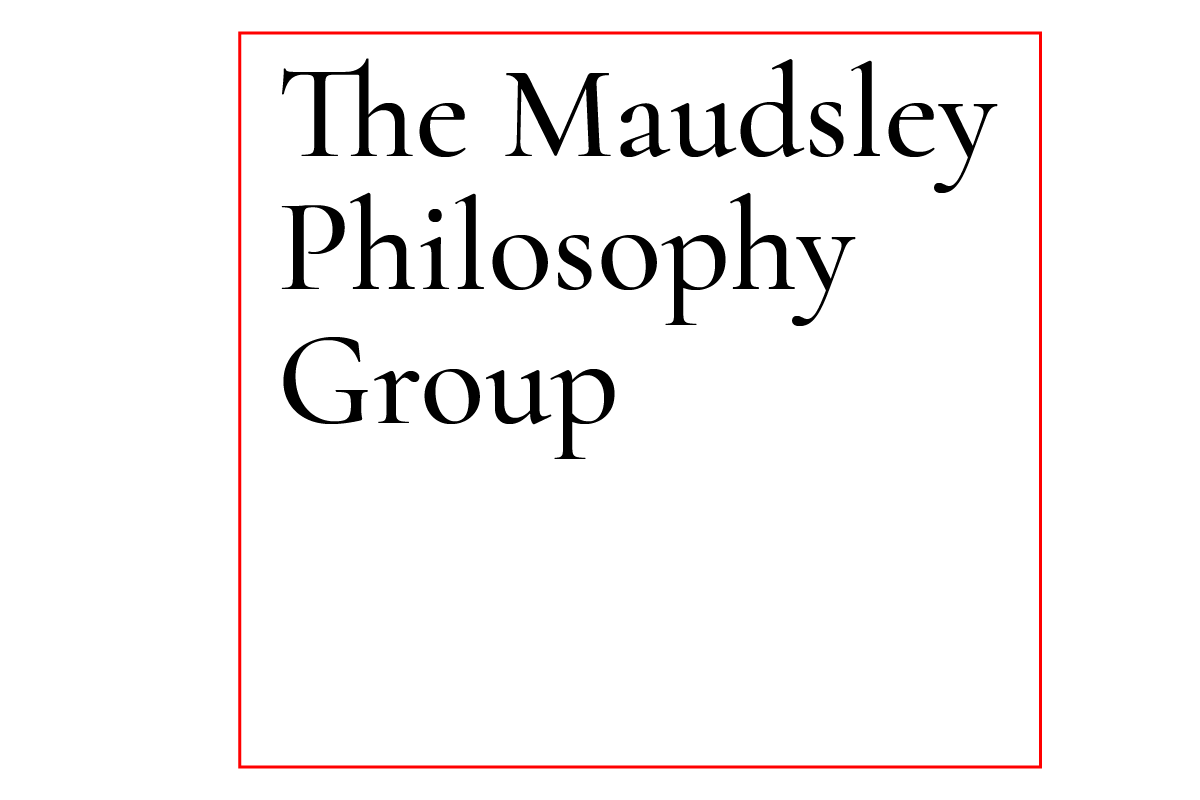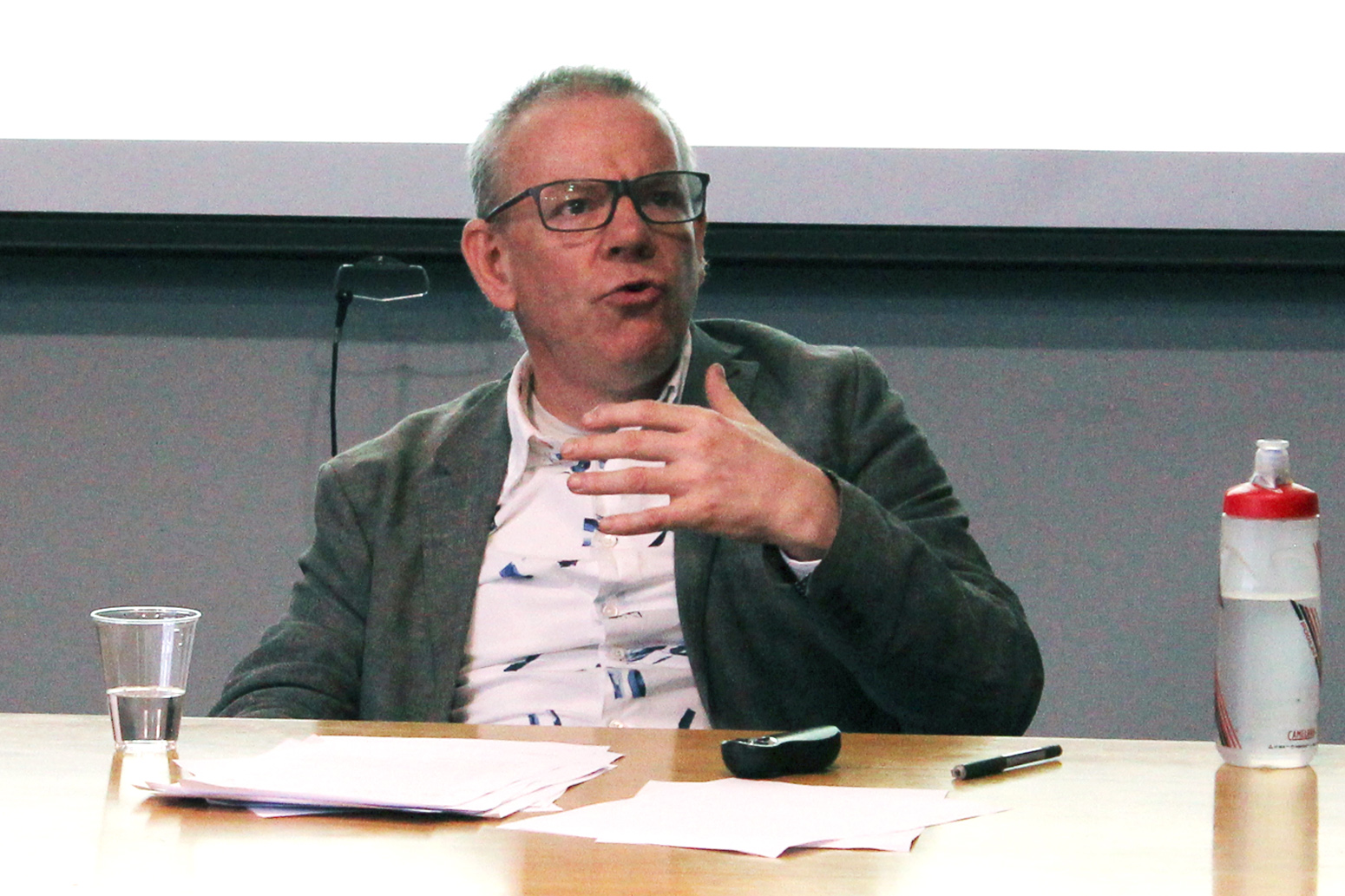
"Power tends to corrupt; absolute power corrupts absolutely"
- Lord Acton, historian
"The experience of being in power itself brings about changes in mental states which then manifest themselves in hubristic behaviour"
- Lord Owen (former UK foreign secretary and neurologist)

Power and Personality
Power and Personality
There is a growing body of opinion that the exercise of power can distort thinking and create personality changes in leaders that affect their decision making.
Lord David Owen founded the Daedalus Trust to raise awareness of such changes and the MPS now continues this interest and seeks to understand power and personality better by fostering multi-disciplinary inquiry.
The group maintains a central repository of knowledge on the subject, including on the “hubris syndrome” – an acquired personality change following exposure to power.
Conferences and edited collections have brought together leading thinkers to discuss hubris from interdisciplinary perspectives. The first, in 2012, was organised jointly with the Royal Society of Medicine, the second in 2013 with the Cambridge Judge Business School. For the third in 2014, the Trust again partnered with the Royal Society of Medicine. In 2016 the Trust collaborated with the Ashridge Management College on executive coaching and in 2017 a conference was held jointly with the RSM and the Women’s Medical Federation.
Videos and speeches from these conferences can be found here.
The MPG has links with a computational neurolinguistics research group at St George’s University of London that is expert in analysing language change in political leaders as well as the Surrey Business School which conducts research into hubris in business contexts and is developing an ‘Anti-Hubris’ toolkit to help boards, directors, managers, recruiters, business thinkers and identify, mitigate or manage the highly negative effects hubris can have.
“The years around 1918 have sharpened our eye for the significance of personality disorder in times of upheaval, and during times of revolution large numbers of abnormal personalities gain a transient significance. It is true they have neither made the revolution nor contributed constructively to it but such a situation affords them a momentary opportunity to manifest themselves. In peaceful times, says Kretschmer, we assess them in the Courts with a medical report; in turbulent times they become our rulers.”
- Karl Jaspers, General Psychopathology P733/4 (7th edition 1959)
Previous Power and Personality events
Hubris in Democratic Athens
04 April 2019
Prof Hugh Bowden
Hubristic leadership: Understanding the causes and mitigating the effects,
29 November 2017
Dr Graham Robinson and Prof Eugene Sadler-Smith


